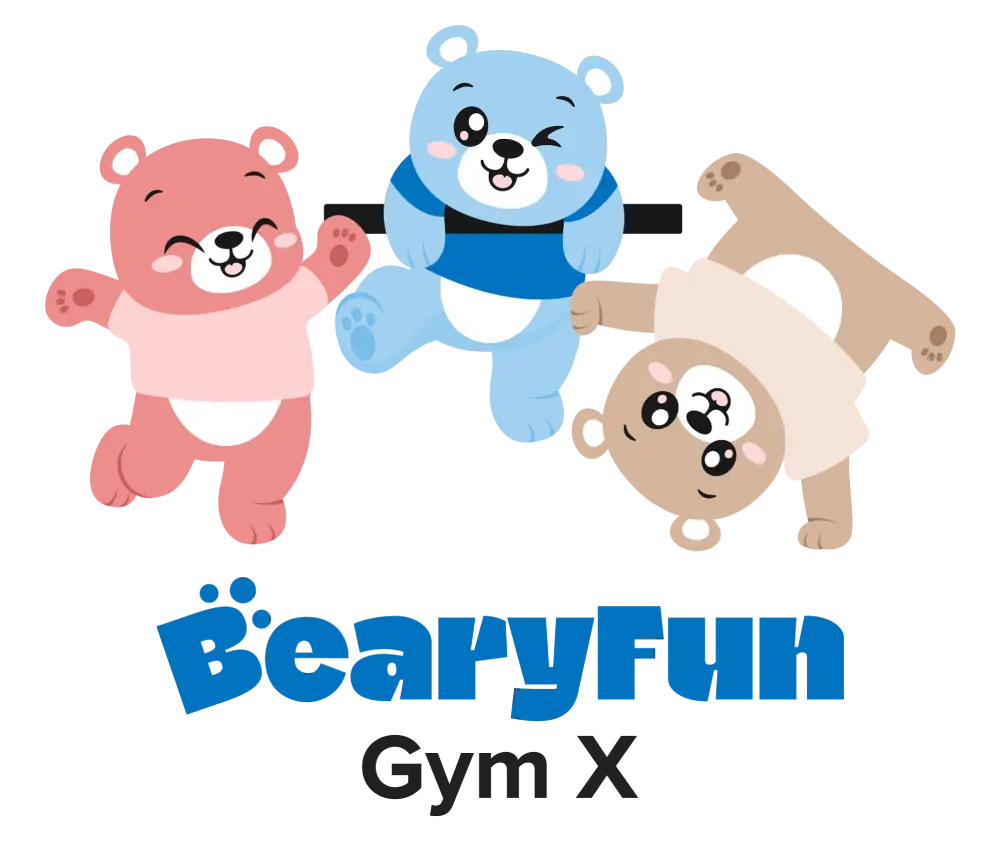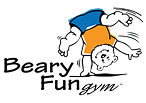Key Takeaways
- Early motor skills influence how children move, play, and take part in daily activities.
- Some children may need more guidance to develop these abilities.
- Spotting early signs allows parents to choose activities that can help build physical confidence in their child.
Balance and coordination are key parts of a child’s physical growth, helping them walk, run, play, and interact with the world around them safely. In their early years, children often split their time between school, enrichment classes, and playground activities, which often take place in environments that require extensive interactions. This is why having these skills well-developed can make a big difference in their confidence and overall well-being. While some children master balance and coordination quickly, others may need extra support. Here are five signs that could suggest your child requires more practice in this area.
1. Frequent Tripping or Falling

If your child often stumbles or loses balance during everyday movement, it might be more than just typical clumsiness. Children are still learning to control their bodies, but repeated tripping or falling, even on flat and familiar surfaces, could be an indication of slower gross motor development. Classes or activities specifically designed to nurture this, such as gymnastics for toddlers, could help make up for this deficiency in the early stages of their development.
2. Difficulty with Basic Gross Motor Skills

Struggling to hop on one foot, skip, or climb stairs without assistance can suggest a need for more focused movement practice. These activities are part of normal gross motor development and help prepare children for more complex skills in sports and play. If these actions remain difficult past the expected age range, it may be worth exploring targeted activities that build muscle strength and movement control.
3. Awkward or Unsteady Movements

A child who looks unsure when navigating space—bumping into objects, moving stiffly, or hesitating in playground games—may have underdeveloped spatial awareness skills. This can make activities that require balance and coordination like riding a scooter or joining group games more challenging and may affect social confidence as well.
4. Trouble with Hand-Eye Coordination

If your child finds it hard to catch a ball, cut along lines with scissors, or draw simple shapes, it may be a sign that their hand-eye coordination is a little lacking. This is an important skill that is needed to perform a wide variety of vital tasks later on in life, such as playing musical instruments, driving, or and cooking—activities that are also linked to balance and coordination.
5. Poor Posture or Core Strength

Frequent slouching, leaning on furniture, or being unable to sit upright for more than a short time could indicate that your child needs core strength training. A strong core is essential not just for posture, but also for keeping the body steady during movement. Without this, children may tire quickly or avoid physically demanding activities.
How Gymnastics Can Help

Gymnastics for toddlers is more than just having fun; it is also a structured way to develop physical control and body awareness. Activities such as balancing on beams, rolling, and navigating obstacle courses give children a chance to strengthen muscles, practise precise movements, and build confidence.
Gym classes for toddlers often focus on repetition and progression, allowing children to improve gradually at their own pace. Along the way, they enhance their spatial awareness skills, coordination, and core stability. This kind of training does not just benefit sports; it also supports everyday activities like carrying a schoolbag, climbing playground equipment, and moving confidently in crowded spaces.
Gymnasium classes provide a safe, supervised environment where children can challenge themselves without the risks of unsupervised play. Qualified coaches guide children through exercises that target specific skills, making it easier to track improvements and adjust the difficulty level as they progress.
Recognising the early signs of movement difficulties allows you to take steps to support your child’s physical growth before it starts affecting their daily life. By developing balance and coordination through guided activities, children can gain the confidence to take part in sports, enjoy playground time, and perform everyday routines easily.
Here at BearyFun Gym, we offer a wide range of gymnasium classes designed to help children strengthen their bodies, sharpen their movement skills, and have fun whilst doing it. Our sessions are tailored to different age groups and abilities, ensuring that every child receives the attention and guidance they need.
To find out more about our programmes and facilities, please contact us today.


